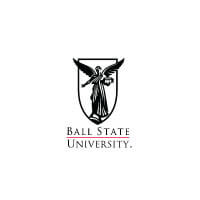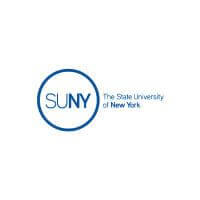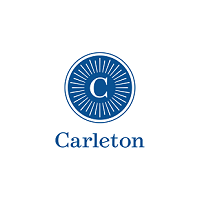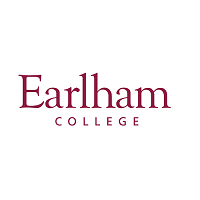Language Challenges in South Africa
By Melanie McDowell
Salibonani, Molo, Avuwani, Sanibona, Hallo, Abusheni, Lumela, Thobela, Dumela, Hello, Sanibonani… Confused? Confused is exactly what South Africa is when it comes to language in education. With 11 official languages (you now know how to say ‘Hello’ in all 11 of them!), it is little wonder that one of the many challenges faced by the education system in South Africa is language.
No need to rush out for lessons in 11 different languages, or cancel your trip to South Africa for fear of not being able to communicate though! Although English, as a home
language makes up the smallest percentage of all 11 languages, it is still the most widely spoken.
Still confused? In order to better understand the complex linguistic dynamic in South Africa, it is important to take a look at the history.
During Apartheid, the Bantu Education System was introduced as a construct of the Apartheid regime’s divisive political motives. Blacks and whites had separate education systems, including different language mediums for instruction. The white learners were taught in their home language, English or Afrikaans, and the black learners were taught in their home language until aged 13-14, from which point English and Afrikaans were used as medium of instruction.
This had the desired effect that the black population were put at a disadvantage by being taught first in their home language, and then having the confusing burden of having to learn an additional two ‘foreign’ languages.
Opposition to Apartheid and resistance to Afrikaans culminated in the 1976 uprisings, leading to the scrapping of Afrikaans and black home languages as mediums for instruction in schools. English was chosen as the instruction medium of choice.
Post-apartheid, the ANC recognised the importance of education and multilingualism in the transformation of South Africa. The decision was made to make the 11 South African languages official. As part of the newly written Constitution, the right to education for all and the right to education in the chosen language of the learner or the learner’s parents was incorporated.
However, this has proven purely ideological as English still remains the language of choice. Parents want the best for their children and believe that being taught in English will open up more opportunities for them. In addition, English language schools are not adopting other South African languages into their curriculums. This would do far more for social transformation, as it would mean they could communicate with their fellow South Africans in a language free from the historical burdens of colonization or Apartheid.
Language can be seen then to still be a large contributor to South Africa’s education problems. South Africa’s schools still remain divided along race lines. Black learners are faced with the challenges of inferior schools, no access to books or library space, and the challenge of learning in a language that they use little outside the classroom. White learners enjoy the privileges of superior schools, access to books and library spaces, and the luxury of learning in the same language they have always spoken, without having to get their tongues around the subtle intricacies and clicks of a language like Xhosa, which is one of the most widely used languages in the Western Cape.
While we’re on the topic of languages, remember Connect-123 facilitates an introductory class to Xhosa culture and language on a regular basis. In light of the language challenges that South Africa battles with, a simple Molo (hello) when you meet a native Xhosa speaker may well be greeted with delight.
Melanie, who left the grey of England to study in the even greyer and wetter Ireland, moved to Cape Town to find the sunshine and try her hand at marketing, having dabbled in magazine production and advertising. She worked in conjunction with a design agency, promoting and marketing a brand management system, and used her powers of persuasion to secure a buyout of the company. Melanie has traveled widely and spent time volunteering in Mozambique, Sri Lanka and Guatemala. After several years as part of the Connect-123 Cape Town team, Mel felt the lure of the Emerald Isle once more. She now heads up our Dublin program, adding her experience and enthusiasm to the unique energy of one of Europe’s most vibrant capitals!












